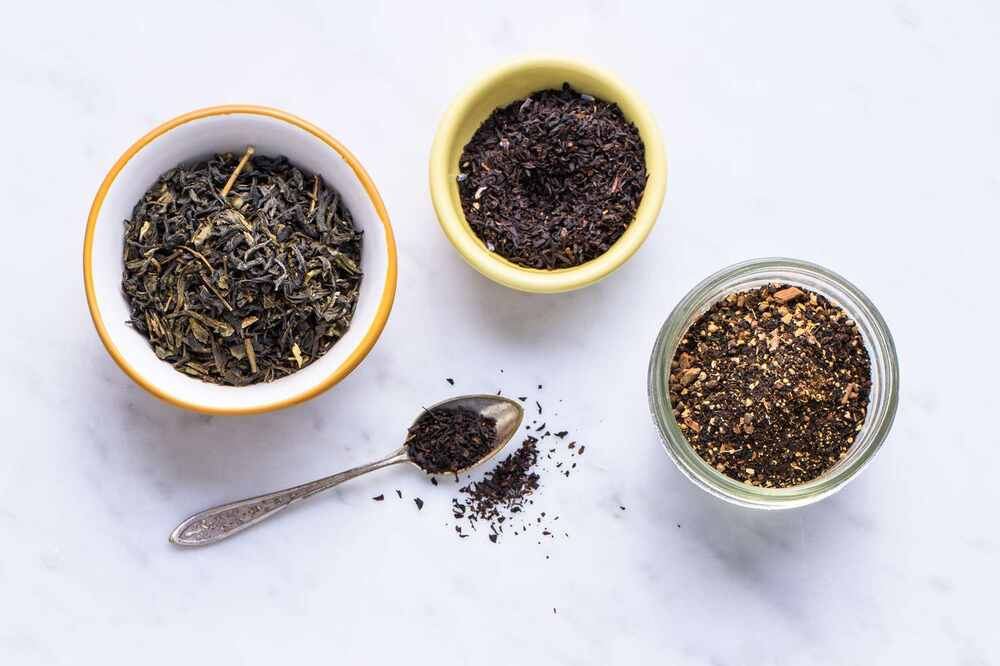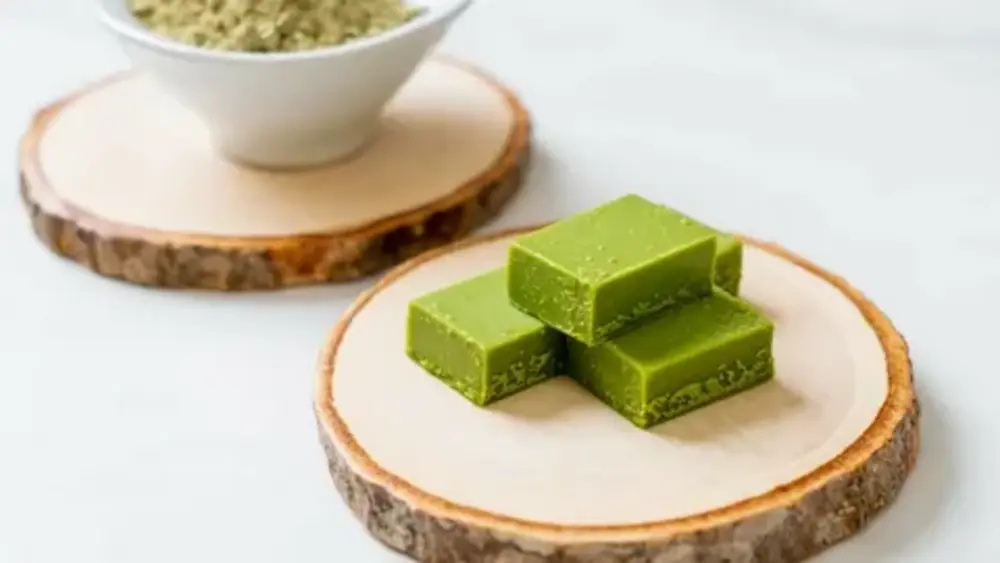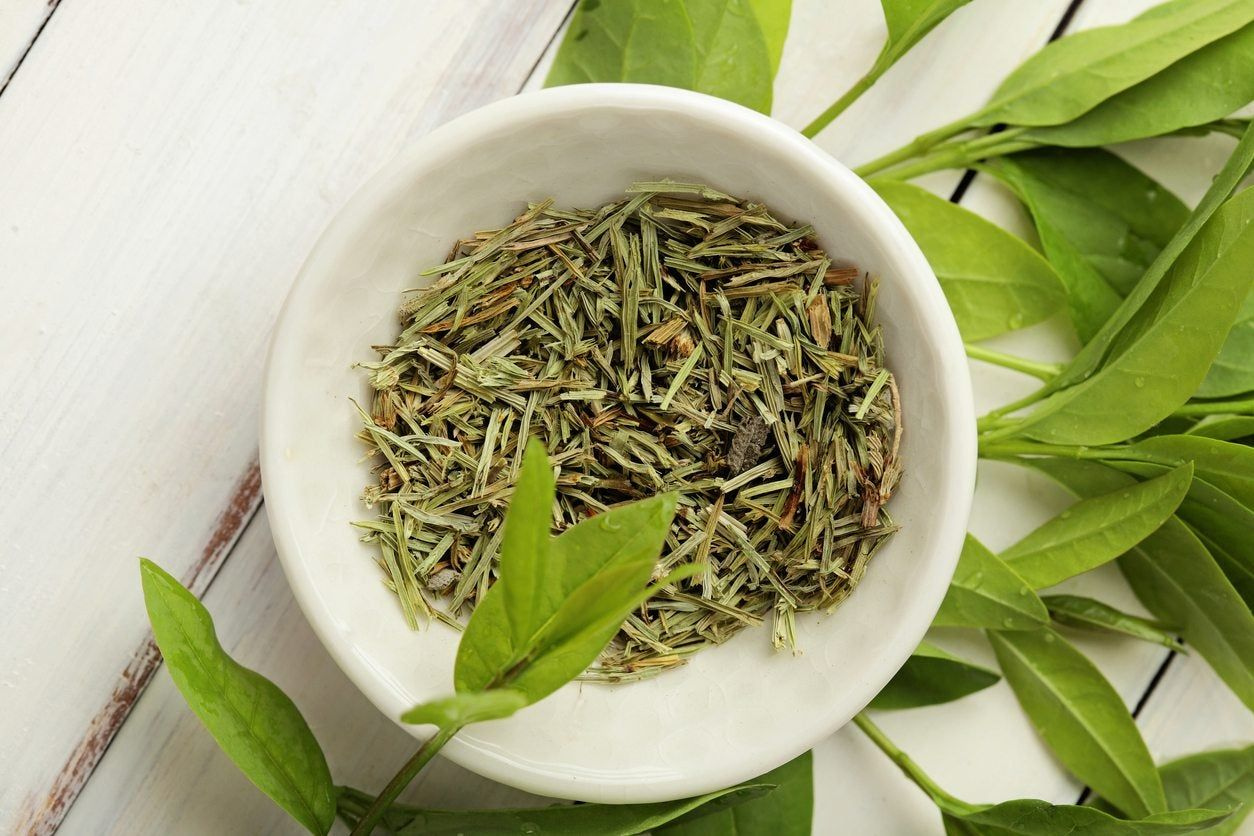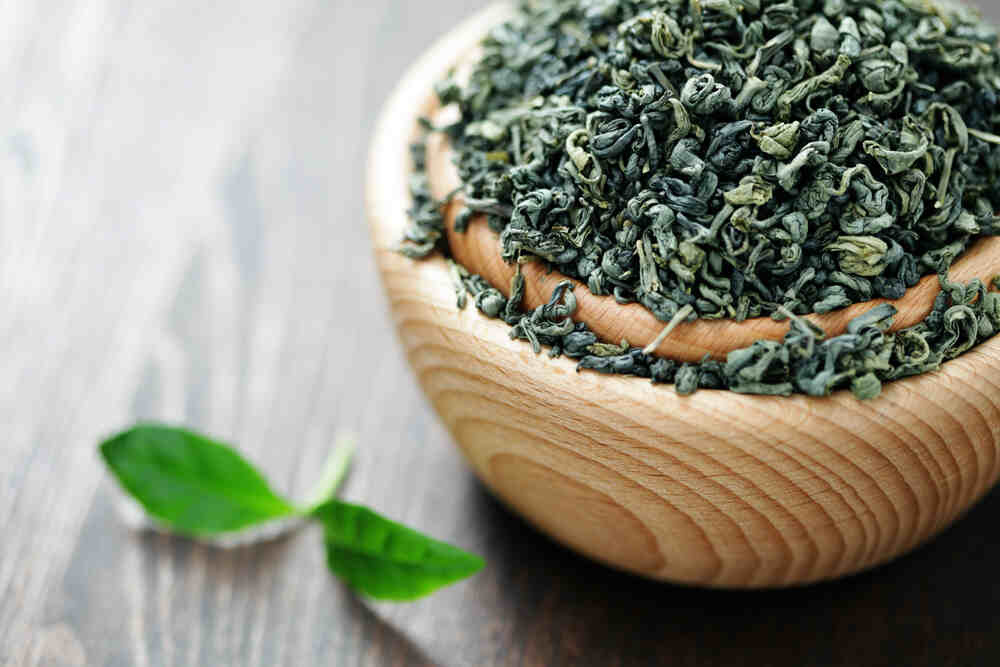Is green tea gluten free? Explore the facts, health benefits, and how to select pure or certified gluten-free teas for a safe, healthy drink.
Is Green Tea Gluten Free?
Wondering “Is green tea gluten-free?” — you’re not alone. As more people switch to gluten-free diets, tea lovers often find themselves questioning whether their daily cup of green tea is safe. The good news is that pure green tea, made from the leaves of the Camellia sinensis plant, is naturally gluten-free. However, here’s the catch — not all green teas are created equal. Some flavoured or blended varieties can contain gluten due to added ingredients or cross-contamination during processing. In this article, we’ll explore why green tea is naturally gluten-free, highlight where hidden gluten risks may appear, and share tips to help you choose safe, gluten-free tea options with confidence.
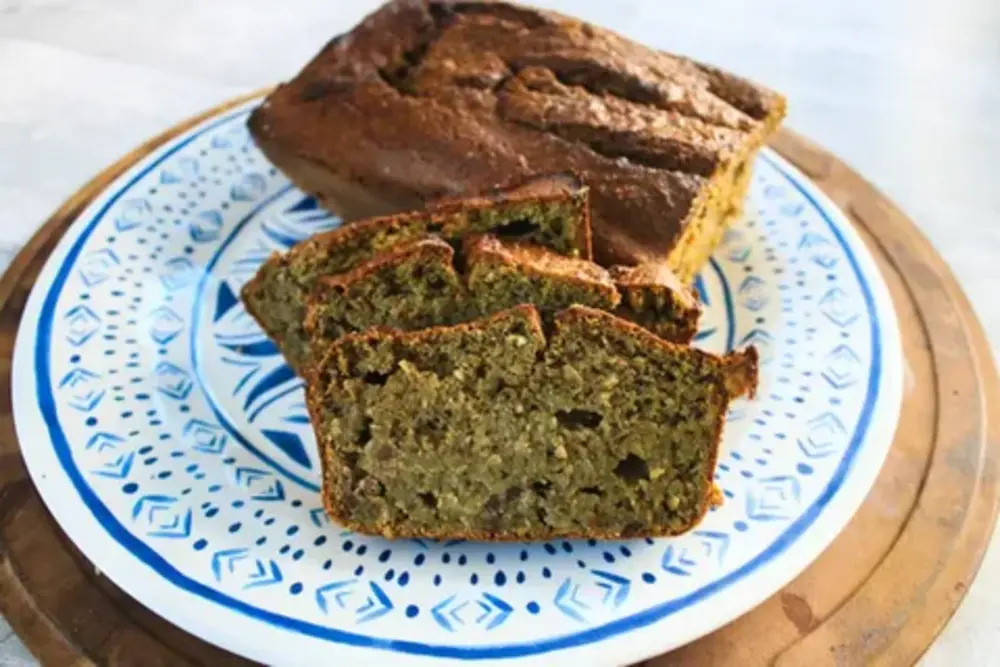
Why Green Tea Is Naturally Gluten Free
If you’re wondering, “Is green tea gluten-free?”, the simple answer is yes — pure green tea is naturally free from gluten. It’s made from the Camellia sinensis plant, which contains no gluten proteins, unlike grains such as wheat, barley, or rye. When brewed without added ingredients, green tea is a safe and healthy choice for anyone with celiac disease or gluten sensitivity.
Most high-quality loose-leaf or plain green teas undergo minimal processing, reducing the risk of contamination. Reputable brands also handle their teas in gluten-free facilities. However, be cautious with flavoured or blended green teas, as they may include additives or barley malt that introduce gluten.
So, the bottom line is simple: pure, unflavoured green tea is naturally gluten-free, refreshing, and rich in antioxidants.

Potential Risks & Considerations
| Aspect | Details | Risk Level / Tip |
|---|---|---|
| General Answer | Green tea is naturally gluten-free, but certain exceptions exist. | Safe (in pure form) |
| Main Risk Source | Post-harvest processing can introduce gluten contamination. | Be cautious |
| Flavored or Blended Teas | May contain barley malt, wheatgrass, or gluten-derived flavorings. | Avoid these |
| Cross-Contamination | Can occur when gluten and gluten-free teas are processed on the same equipment. | Check brand practices |
| Tea Bag Adhesives/Coatings | Some may contain gluten, though it’s rare with modern brands. | Low risk |
| How to Stay Safe | Always read labels and choose teas marked “gluten-free” or certified by trusted authorities. | Best practice |
| Best Choice | Go for health-conscious brands with transparent sourcing. | Recommended |
| Final Tip | Awareness and careful selection ensure you enjoy green tea safely. | Safe & mindful |

How to Choose a Gluten-Safe Green Tea
Knowing that pure green tea is gluten-free is one thing, but ensuring your tea stays safe requires careful selection. Always check ingredient lists on boxes or pouches. Avoid teas with barley malt, wheatgrass, roasted barley, or unclear natural flavors, as these can introduce gluten.
For those with celiac disease or severe gluten sensitivity, choose teas with a “Certified Gluten-Free” label, which guarantees testing and safe processing. Trusted options include loose-leaf green tea, Japanese sencha, and organic single-origin varieties.
Whenever possible, opt for pure leaf teas over flavored blends. This not only lowers gluten risk but also delivers a fresher, more authentic taste. By following these simple steps, you can enjoy your green tea confidently, safely, and deliciously.
FAQs About Green Tea and Gluten (≈150 words)
1. Is green tea gluten free if it’s flavored?
Not always. Pure green tea is gluten free, but flavored versions can include gluten-containing additives or be processed on shared equipment. Always read labels and look for a certified gluten-free symbol.
2. Can someone with celiac disease drink green tea?
Yes, they can — as long as it’s pure, unflavored green tea. People with celiac disease should avoid teas that contain barley malt, wheatgrass, or artificial flavorings that aren’t verified gluten-free.
3. How can I be sure my green tea is gluten free?
Check for transparency from the brand. Certified gluten-free labels or detailed ingredient lists help confirm that your tea is safe from contamination.
4. Are tea bags safe from gluten contamination?
Most modern tea bags are safe, but some older or cheaper varieties may use glues or sealing agents containing gluten. Stick with reputable brands that use heat-sealed or staple-sealed bags
Conclusion
So, to sum it up — yes, green tea is gluten free when it’s made purely from tea leaves. The natural form of green tea contains no gluten because it comes from the Camellia sinensis plant, not from grains like wheat or barley. The only time you need to be cautious is when buying flavored or blended varieties, which may include gluten-based ingredients or risk cross-contamination during processing.
By choosing certified gluten-free brands and reading ingredient labels carefully, you can enjoy your favorite green tea with complete peace of mind. Whether you’re managing celiac disease or just prefer a clean, natural beverage, green tea is a safe and refreshing choice for your gluten-free lifestyle.

